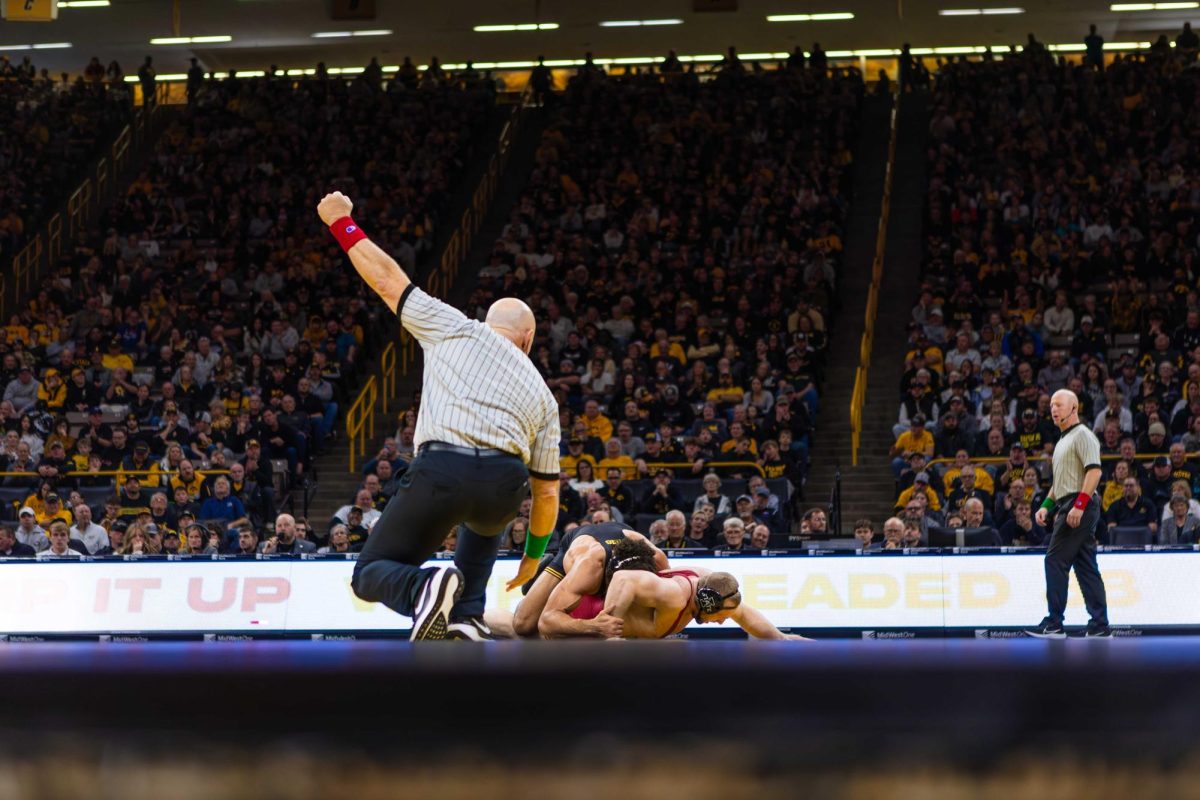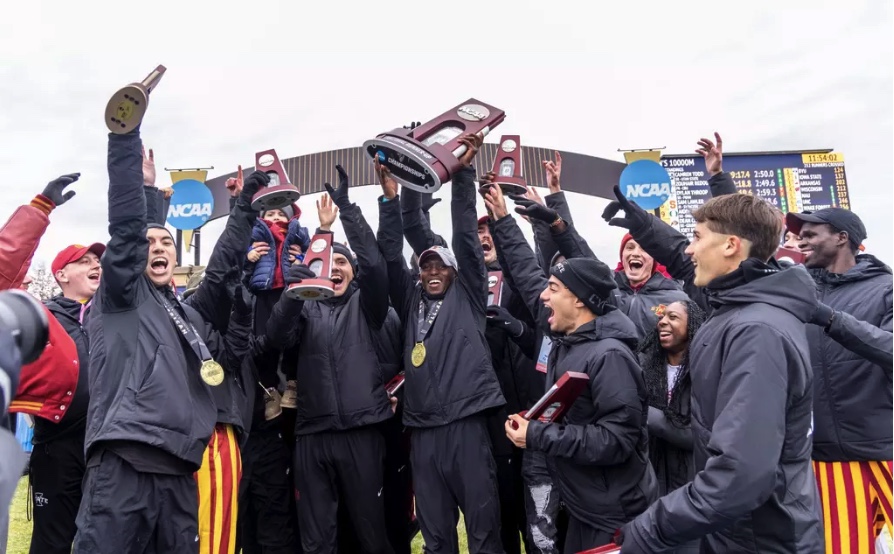ISU shifted from land-grant definition
April 5, 2001
Editor’s note: In the opinion page’s “Faculty Fridays” series, a different faculty or staff member writes column each week about issues facing ISU faculty and staff, ISU students or the world at large.
Faculty and staff members interested in writing a guest column for the Daily can contact the opinion desk at 294-6768 or by email at [email protected].
A key question facing this institution is what principles should guide Iowa State during the next few decades? In recent years we have seen pronouncements to the effect that Iowa State should endeavor to be the leading land-grant university and that teaching is the No. 1 priority.
At times, it has seemed that these statements were essentially public relations instruments rather than thought-out objectives to guide the institution.
The history of the land-grant idea indicates that the original notion was to provide an opportunity for a “liberal and practical education for the industrial classes” and farmers with an emphasis on an education within the grasp of the sons and daughters of the non-elite in society.
Later legislation added applied research and extension.
Thus, the land-grant idea has been to embrace teaching, extension of knowledge to individuals and firms in society and research.
For several decades, the three functions were viewed as equal in importance; in recent time, the pendulum has swung away from an emphasis on teaching and extension and research.
My plea is to restore a greater degree of balance among the functions. It is my belief that this can be accomplished and must be done if we are to expect the kind of generous taxpayer support this university has traditionally enjoyed.
The prospects for a significant reduction in state appropriations have signaled a shift in perceived taxpayer support for higher education in Iowa.
Moreover, the announced cuts have been met with deafening silence from those who have, in the past, spoke up in favor of the state institutions. This should be an occasion for deep concern about the future of higher education in this state.
A land-grant university has multiple constituencies to please – students, parents, alumni, the legislature, taxpayers and future generations, along with peers in sister institutions. If we slight any one of the groups we will pay a price.
In my view, we are paying less attention to students and to taxpayers (and those in the state who expect Iowa State to engage the pressing real world problems) and more attention to worrying about whether we are pleasing the major sources of funding provided in support of research.
It is becoming increasingly clear that state support is at risk – Iowa State needs to demonstrate that it cares about and is responsive to the needs and wants of Iowans and their problems.
That is an integral part of the land-grant mission.
A good case can be made that, with our increased emphasis on research, we have created an environment that has not been conducive to excellence in teaching and that has slighted the extension function.
The gradual increase in the amount of teaching done by non-tenure faculty is one worrisome sign of how we view the teaching function.
I am not downplaying research. Far from it. Iowa and the world need and expect a strong research function. But it should not be allowed to crowd out the teaching and extension functions.
Unfortunately, in some departments, recruitment of new faculty with substantial teaching or extension responsibility emphasizes research, with only a passing glance at teaching and with even less attention to extension interests and abilities.
I agree that a critical requirement of someone in teaching or extension is to be perennially camped at the leading edge of thought in the discipline. But it is clear that a good researcher is not uniformly and necessarily a good teacher or extension faculty person.
My plea is to restore a greater sense of balance among the functions and a greater sense of respect for those working in other functions. A great land-grant university is one that provides strong support for all three functions.
A land-grant university that pursues excellence only in research may impress disciplinary peers but will suffer in the critical realm of students and taxpayers and those who believe the landgrant mission also involves engaging ranking real world problems in the state and beyond.
This is an appropriate area for faculty, staff and alumni leadership. Certainly the question should not be left to spin masters with the all-too-often result of a huge disconnect between word and deed.
Iowa State needs to reconnect with its base, to renew the relationship with our constituents. Unfortunately, some perceive that Iowa State doesn’t really care about mere mortals and their problems.
The perception is widespread that we have come down on the side of big confinement hog operations (which have defiled the air and water in the state), that we have seemingly endorsed concentration and vertical integration among agribusiness firms, that we have displayed relatively little interest in solving the economic problems of rural Iowa and inner cities and that we march to a drummer bought and paid for by large donors and big firms.
I would urge that a task force of well-known and respected representatives of faculty, staff, students and alumni be formed to undertake a wide ranging and highly visible inquiry on the question of whether Iowa State is fulfilling its mission.
When this era of budget cuts has run its course, I would hope that the credibility of the institution will be intact and that the institution will be doing an even better job of fulfilling its mission.
That’s not likely, however, unless some worrisome trends are examined and addressed.
Neil Harl is the Charles F. Curtiss Distinguished Professor in Agriculture and professor of economics.






